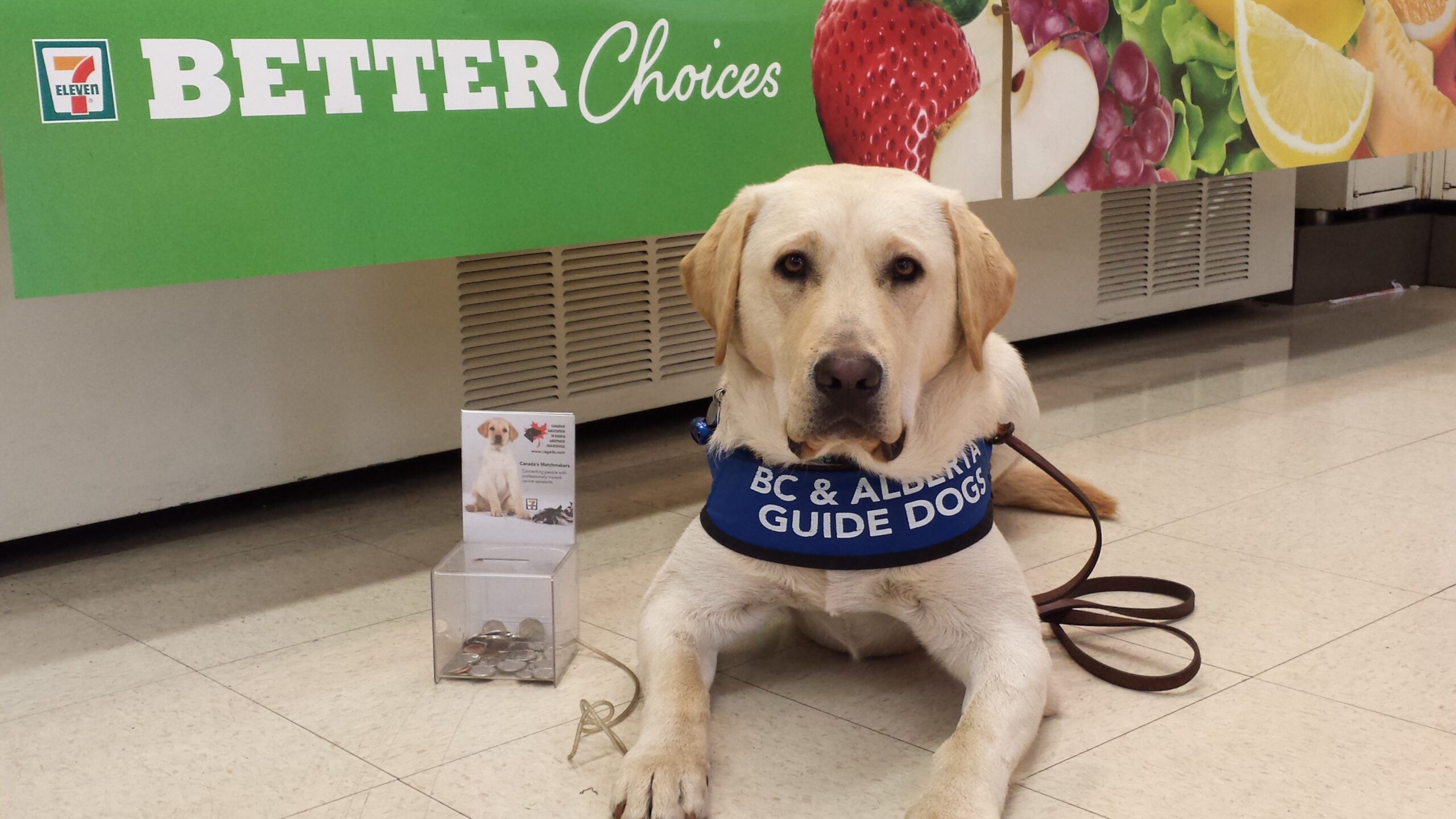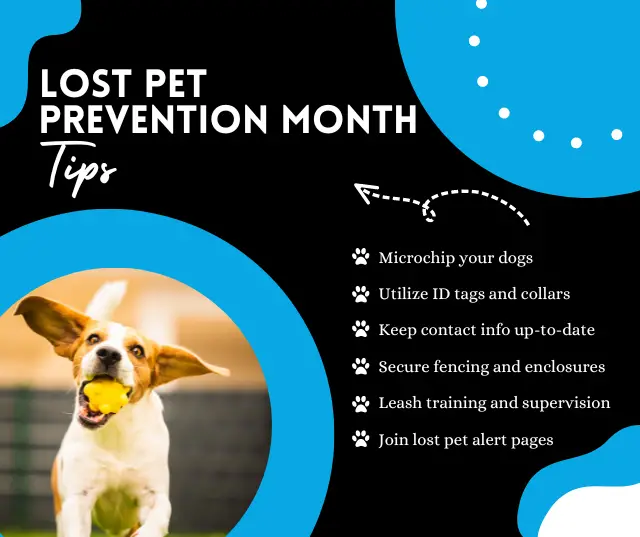Service and guide dogs are specially trained to assist people with disabilities, providing them with a greater level of independence. These animals are protected under the Americans with Disabilities Act (ADA) and other laws, which provide them with certain rights and protections. It is important to understand these laws in order to ensure that service and guide dogs are treated properly.
What Are Service Dogs?
Service dogs are specially trained animals that provide assistance to individuals with physical or mental disabilities. These animals can be any breed or size of dog, but they must be trained to perform specific tasks related to their handler’s disability. Examples of tasks performed by service dogs include guiding a visually impaired person, alerting an individual who is deaf or hard of hearing, retrieving items for someone who has limited mobility, providing stability for someone who has balance issues, calming an individual during an anxiety attack, and more.
What Are Guide Dogs?
Guide dogs are similar to service dogs in that they are specially trained animals that provide assistance to individuals with disabilities. However, guide dogs are specifically trained to help those who have visual impairments navigate their environment safely. Guide dogs can help their handlers identify obstacles in their path, find doorways and elevators, avoid curbs and steps, locate street crossings and more.
The Americans With Disabilities Act (ADA)
The ADA is a federal law that protects individuals with disabilities from discrimination in all areas of public life. This includes employment opportunities, access to public services such as transportation and healthcare facilities, access to public accommodations such as restaurants and stores, access to government programs and services such as Social Security benefits and more. Under the ADA, service animals must be allowed into any public place where their handler is present unless it would fundamentally alter the nature of the business’s operations or pose a direct threat to health or safety. Additionally, service animal owners cannot be charged extra fees for bringing their animal into public places nor can they be asked for proof that their animal is a service animal.
State Laws Regarding Service Animals
In addition to the protections provided by the ADA there may also be state laws regarding service animals that offer additional rights or protections beyond what is provided by federal law. For example some states may require businesses or landlords to make reasonable accommodations for service animal owners while others may allow emotional support animals into no-pet housing units even if they do not meet the definition of a “service animal” under federal law. It is important for individuals living in states where there are additional laws regarding service animals to familiarize themselves with these laws so they know what rights they have when it comes to bringing their animal into public places or renting an apartment unit without being charged extra fees or denied housing altogether due to having an animal companion.
Responsibilities Of Service Animal Owners
In addition to understanding the laws surrounding service animals it is also important for owners of these special animals understand their responsibilities when it comes caring for them properly so they can continue providing assistance without issue. This includes ensuring your animal receives regular veterinary care including vaccinations; keeping your animal clean; training your animal regularly; making sure your animal behaves appropriately in public settings; adhering strictly leash/harness/tether rules; cleaning up after your pet; carrying identification on you at all times; being aware of local ordinances regarding pet ownership; never leaving your pet unattended; avoiding distractions while out in public; being respectful of other people’s space when out in public; understanding how your pet might react around other people/animals before introducing them; following all applicable laws regarding pet ownership/public access etc.; understanding how your pet might react around other people/animals before introducing them etc.. By following these guidelines you will ensure both you and your special companion remain safe while out in public spaces together!
Conclusion
Service and guide dogs play an invaluable role in helping individuals with disabilities live fuller lives by providing them with greater independence than ever before possible! It is important for both those seeking assistance from these special companions as well as those already owning one understand both the legal protections afforded them under federal law as well as any additional state-level regulations pertaining specifically to owning/caring for these types of pets so everyone involved remains safe!









